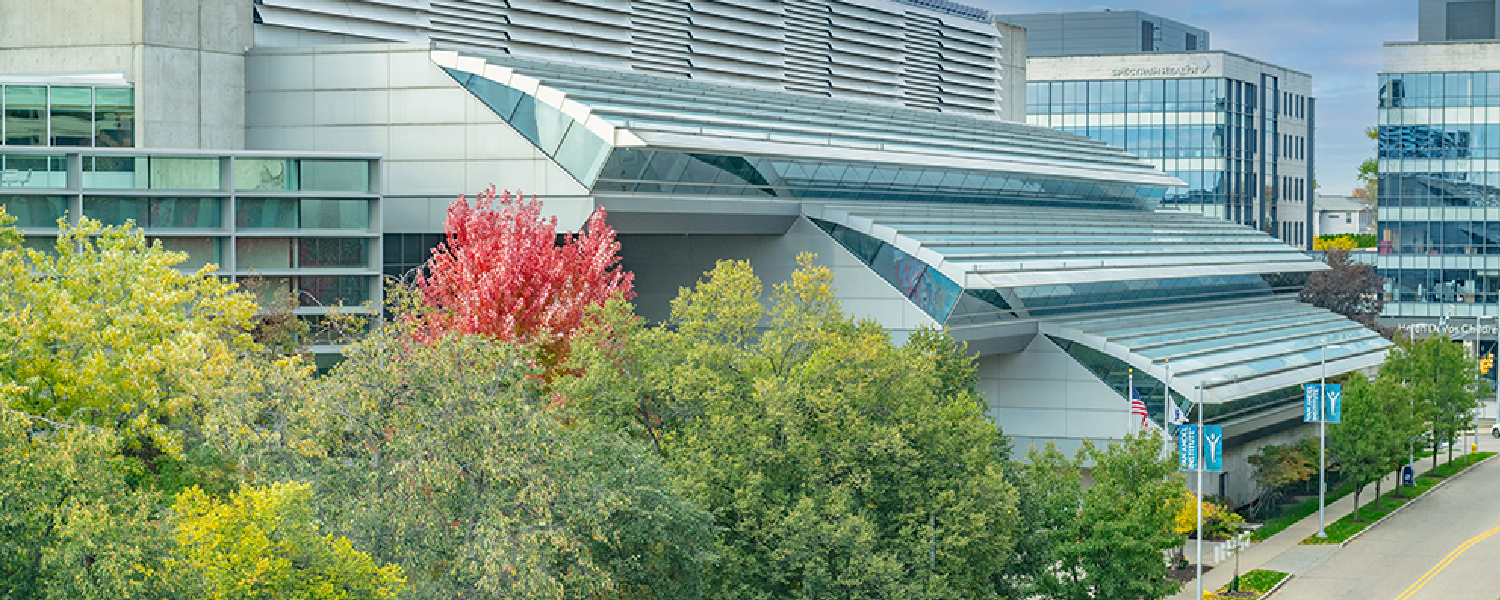Van Andel Institute establishes new endowed chairs, names renowned scientists as inaugural appointees
May 30, 2024

GRAND RAPIDS, Mich. (May 30, 2024) — Van Andel Institute has named Peter W. Laird, Ph.D., as the Peter and Emajean Cook Endowed Chair in Epigenetics and Huilin Li, Ph.D., as the Ralph and Grace Hauenstein Endowed Chair in Structural Biology.
The prestigious appointments recognize and celebrate Laird’s and Li’s extensive, pioneering scientific contributions and honor the Cooks and the Hauensteins, who were among the Institute’s earliest and most dedicated supporters.

“VAI’s success is built on the firm foundations that Ralph and Grace Hauenstein and Peter and Emajean Cook helped create. We are eternally grateful for their encouragement and support,” said David Van Andel, VAI Chairman and CEO. “Endowed chairs acknowledge scientists whose career-spanning discoveries place them at the top of their fields. Drs. Laird and Li are visionary pioneers. Their revolutionary research drives innovation and impact here and around the world.”
Laird joined VAI in 2014 and helped establish the Institute as a world leader in cancer epigenetics.
His research explores the origins of epigenetic mistakes in cancer and provides deep insight into how cancer arises. Epigenetics are the processes that manage how and when the instructions in DNA are carried out. Thanks in part to Laird’s work, epigenetic mistakes are now well-known contributors to cancer. Laird has developed several cutting-edge technologies, which he leverages to identify crucial epigenetic alterations that convert otherwise healthy cells into cancer cells. He is a principal investigator for the National Cancer Institute’s Genome Data Analysis Network and served in a leadership role for The Cancer Genome Atlas, a now-completed multi-institutional effort to molecularly map 33 different types of cancer.

Li joined VAI in 2016 and was instrumental in the creation and growth of the Institute’s state-of-the-art Cryo-EM Core and David Van Andel Advanced Cryo-Electron Microscopy Suite.
As a structural biologist, Li leverages the Institute’s high-powered cryo-electron microscopes to understand how the instructions in DNA are copied, repaired and protected. This process, called DNA replication, is fundamental to all life and has widespread impacts on health and disease. Li has been at the forefront of his field for more than 20 years and his contributions have revolutionized our understanding of DNA replication. His leading-edge research also explores how the bacteria that cause tuberculosis and the parasite that causes malaria become resistant to medication, key insights that may guide the next generation of therapies.